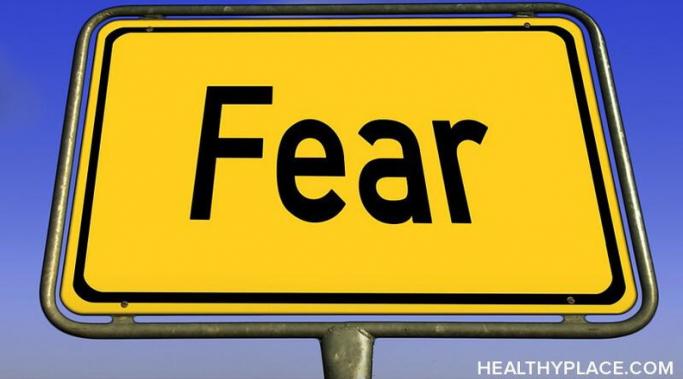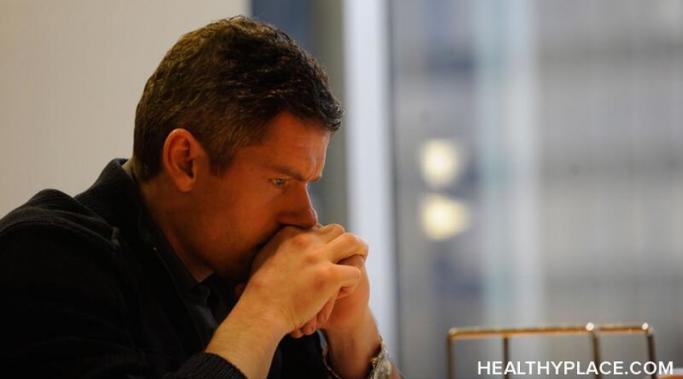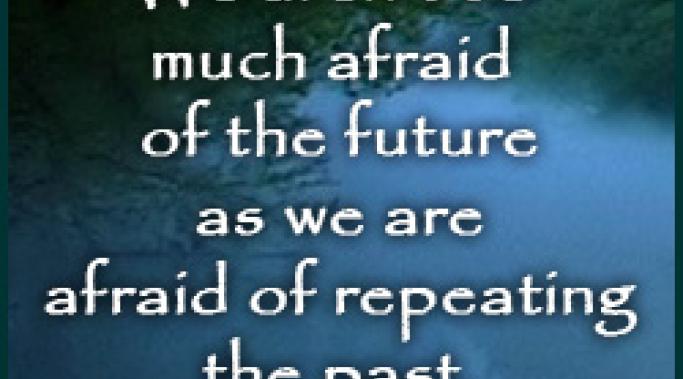Letting go of limiting beliefs is tough when you don't know how you're limiting yourself. Anxiety about yourself, life and the world stinks to high heaven. Sometimes the suffering is so constant or so intense we think that life is not worth living if we have to experience such torture. We feel encompassed by our anxiety and sadness that it wraps around our neck and threatens to pull us under with it. Barely having strength to tread water, we wonder why we don't just give up the struggle. And sometimes we almost do. Knowing how to let go of limiting beliefs is the life jacket you need.
Anxiety Management – Anxiety Schmanxiety
We should keep a fear journal because, well, life happens. Some things are good and, let's face it, some things are down right horrible. All the while we are trying to make meaning around what we experience. As we try to make sense of it, we weave a story of it in our heads. These stories shape how we perceive life, and the stories we tell ourselves can cause a lot of unnecessary fear. As we create our stories, it is hard not to weave these biases in. The best way to get around this is to keep a fear journal. Keeping a fear journal helps you change fearsome thoughts to more realistic ones.
Are you afraid to be needy? Why is that?
Many people have neediness anxiety: aka “worry about being too needy.” Being “too needy” is generally frowned upon in our individualistic culture. And when we--the appropriate, regular human beings we are--desire some help or company, we mistakenly think something is way wrong with us.
We make all kinds of excuses why the other person can't handle our problem on top of theirs; they are too busy or too important to care about us. These are all made up in our mind.
There are seven elements necessary to write targeted affirmations to cure anxiety. Some of those elements are clearing your limiting beliefs and reconstructing the story you tell yourself. Discover what the elements are and how to craft affirmations to cure your anxiety.
Last week, I was interviewed on the news. This is beyond anything I usually do. As a counselor, I usually sit in a room with one or two people. Listening is much more important than talking in that context, so I am not very experienced at sounding poised. I don't think ideas come out of my mouth as smoothly as someone who teaches or speaks regularly.
So this was daunting. I just pictured myself "um"ing and "uh"ing, forgetting what I am saying. I was scared. This was way out of my comfort zone. So why didn't I just avoid it?
When we have a past trauma, so many things can trigger an old memory to rise up and take over our emotions. A smell, a shape, a sound, a touch, a person. Anything our senses take in can send us emotionally back to a threatening past trauma.
The suffering of this is intense. It may be a nightmare, a flashback, or an anxiety attack. It can also be incredibly frustrating and disappointing that even though you are presently safe--that you feel the persistent panic as though you are still in constant danger.
At some point, we recognize that to live completely, we must live free from fear. Not free from fear of bears or cobras - some fear is practical. But to live free of fear to be yourself, to follow your dreams, to try something new... those are the fears from which freeing ourselves will allow us to live completely. Practice the following skills and you will live free from fear.
Have you ever felt like a failure? I totally have. But I am not alone. There is an epidemic of feelings of failure in our country. And failure is so definitive. When you think you failed, there is not much wiggle room to be anything other than "a failure." A horrible way to see yourself! This becomes a belief ingrained and tainting everything else we do and try.
When deciding on ending a relationship, the first question we ask ourselves is: How do I know when enough is enough? Someone very special and beautiful asked me that question this week.
In our culture, we are faced with all kinds of messages about relationships: see the good in people, relationships take work, rise above, and don't have too many expectations. Then, don't put up with anyone's disrespect, take care of yourself, set limits, leave abuse. These messages convolute all our decisions on how to set boundaries in relationships or know when it is right for us to leave them. We don't know who to blame, us or them. Add to it worry and fear about being alone, or being abandoned, or about other people judging you, and it becomes a maze to wade through.
Anger is often anxiety's evil twin. We may express ourselves out of anger, but our problem is anxiety and all of its worries and fears. It can be very helpful to know when anxiety is behind anger; then we can address the right problem. So, do you have an anger problem or an anxiety issue?









